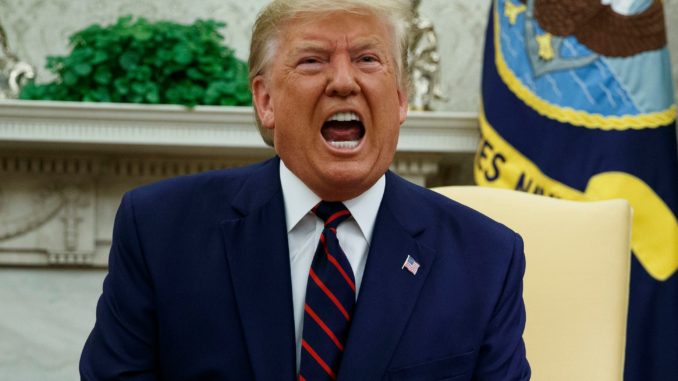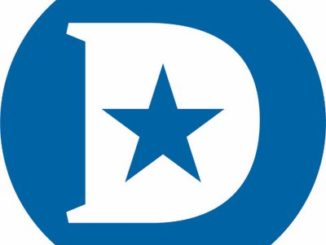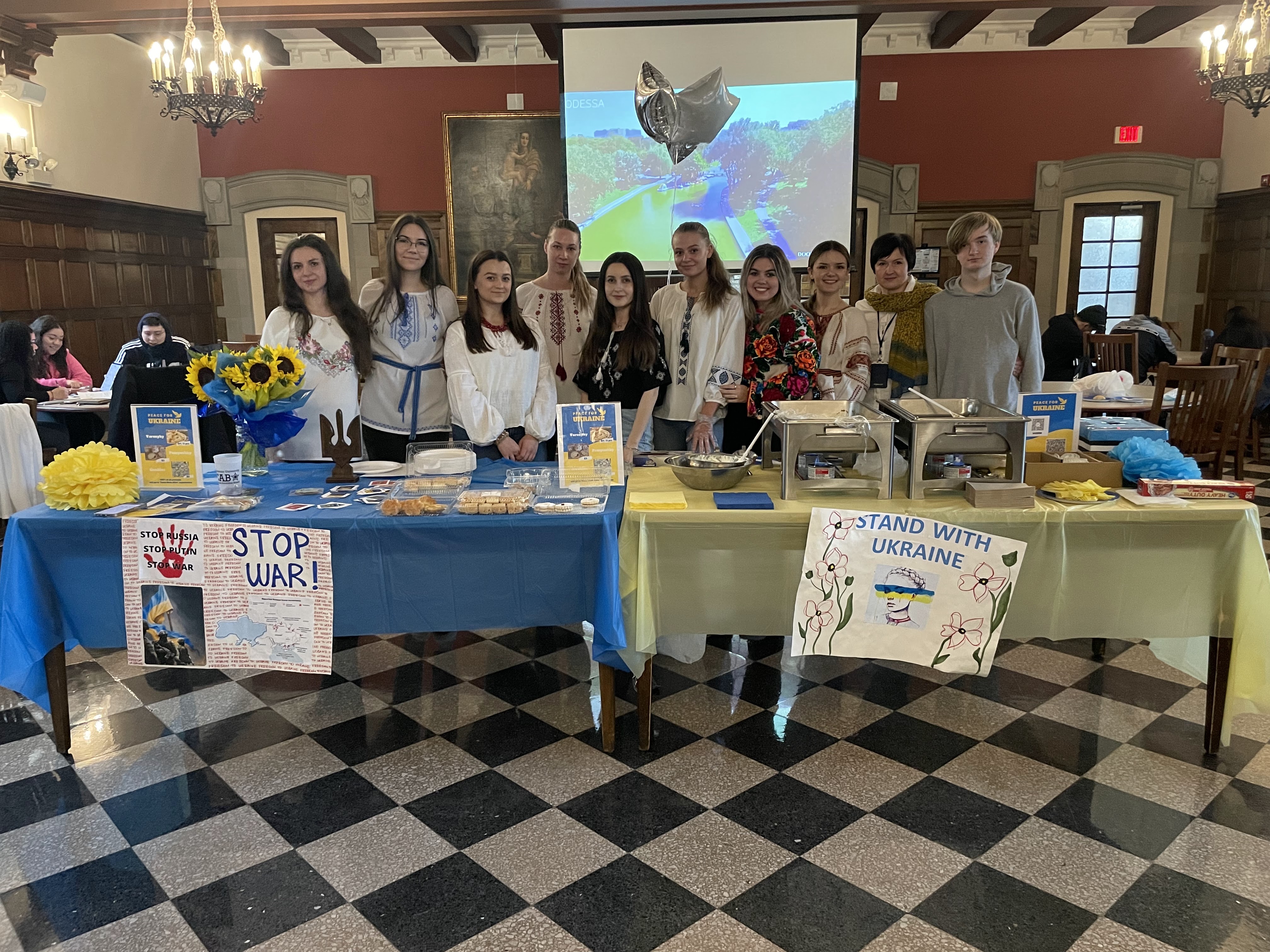
photo via the Deadline
By Chelsea Zhao
Dominican University’s political experts say impeachment is not as straight forward as it seems, drawing from their knowledge on the topic. Speaker of the House, Nancy Pelosi, announced on Tuesday, Sept. 24, the start of an impeachment inquiry against President Trump.
The key issue of the impeachment is the connection between the withholding of funds from Ukraine and President Trump’s call to Ukrainian president. This call asks to look into Joe Biden’s son, Hunter Biden. As of now, there is no clear connection between the favor and the withholding of funds, according to Political Science Professor David Dolence.
“Unless you catch him [Trump] talking about withholding funds from Ukraine for a favor to look into Hunter Biden, then you are just guessing that’s why he did it. That doesn’t seem judicially fair. That just falls back to you don’t like him, so you are impeaching him. That’s not what impeachment is for,” Dolence said.
Dolence’s collegue, professor Patrick Homan, said the inquiry will not have any significant influence on foreign relations. Dolence noted that on domestic policy the inquiry hinders Congress’s ability to deal with legislation on other issues such as infrastructure, the economy and health care.
“Democrats are going to try to bring some of these bills, dealing with those issues, but with the impeachment that’s taking up a lot of their time if they are doing committee hearings every day. While they are doing that, they can’t do something else,” Dolence said.
Along with the attention it requires, impeachment is a lengthy process and will require the participation of many people. As Democrats push for an impeachment inquiry, it could cause problems for them next year.
“Should Democrats be talking about impeachment or should they be talking about what they want to run on for 2020?” Homan said. “These are important questions. There are a lot of the things the government needs to be doing besides impeachment.”
With Democrats and Republicans divided, the role of independents becomes more important. According to a recent poll, the independents’ approval rating of the impeachment increased from 44% at the start of the impeachment inquiry to 54% a month after the inquiry.
“They [the independents] are more important in the whole discussion because they don’t have the bias, so when they went over 50 percent, I think that became more interesting for the House (of Representatives) and proceedings,” Dolence said.
He also stated that independents could push overall opinion on impeachment one way or the other.
Homan and Dolence also contrasted the Trump impeachment inquiry to the 1998 impeachment of Bill Clinton and the 1974 resignation of Richard Nixon, who was facing impeachment.
“Nixon resigned because basically he got flat out caught on tape behaving illegally. That’s why he retires,” Dolence said. “The Clinton (impeachment) is more interesting because he absolutely did perjure himself. His bar license was suspended, so he did the crime. But then the question became: was it impeachable?”
Professor Homan pointed out the flipped situation in the 1990s, when a Republican-controlled House of Representatives impeached a Democratic president.
“You have to be objective when impeachment applies and when it doesn’t apply. The problem becomes that you establish a precedent where if the president ever does anything wrong, then let’s impeach him,” Professor Homan said.
If Trump were impeached and the trial in the Senate followed, Sen. Dick Durbin, D-Illinois, would have to vote on it prior to his reelection bid in 2020. Unlike Durbin, many Republicans who will not be facing reelection might vote more conscientiously.
Dolence also cautioned students seeking news online about the impeachment. The algorithm that social media companies use often provides disinformation based on people’s previous interests.
“Those [social media platforms] are useless when you are really trying to learn about something, you can’t use any of those, you have to go outside of what you use,” Dolence said.
He suggested listening to the NPR Politics podcast for updates on the impeachment. Homan recommended Vox , the Hill, FiveThirtyEight and the New Yorker podcast.
“Impeachment is one of the major political events of this year, but more pressing issues are right around the corner,” Homan said.
“The word I always tell students that they can’t wrap their head around is governance. Governance: the ability to govern. Trump still has to govern the country — that’s building roads and paying bills — we will see if that still happens while they are screaming at each other about impeachment,” Homan said.



